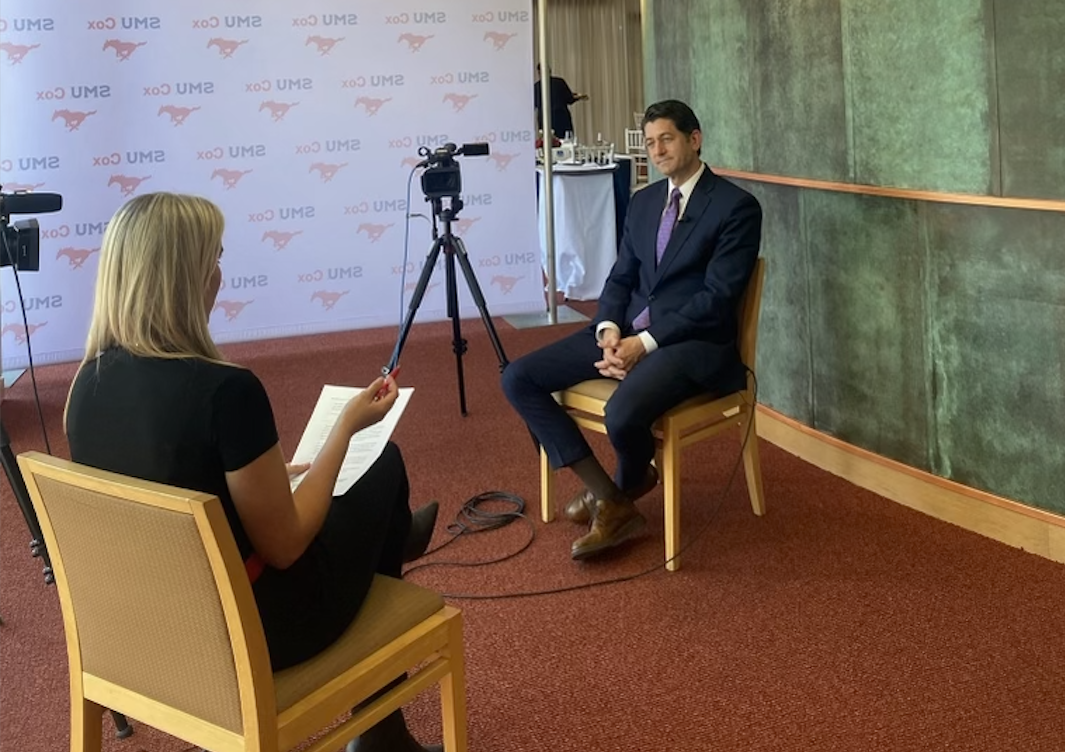Planned Parenthood is in the hot seat as Congress debates whether or not it should cut federal funds to the organization. The controversial group, sometimes described as an abortion clinic, welcomes all women in need of medical care.
The government needs to cut funds somewhere and banning funds to Planned Parenthood is a start, say some legislators.
On Feb. 18 the U.S. House of Representatives voted to cut the federal funding to Planned Parenthood, but on March 9 the Senate rejected the original proposal, giving the organization a little breathing room for the time being.
The bill is still being reviewed in the Senate and there is talk of revising the House’s proposal.
If the bill passes, the Planned Parenthood’s in northeast Texas won’t be hit as hard as other Planned Parenthood locations. Only 25 percent of the Planned Parenthoods in northeast Texas receive funding by either the state or federal government; approximately 10 to 15 percent is federally funded money. However, other Planned Parenthood’s are funded close to 50 percent by the federal government.
Supporters of the bill believe that cutting Planned Parenthood’s federal funding may prevent abortions from happening as often.
Those against say that there will be more abortions if funding to the organization is cut. If the government cuts funding to Planned Parenthood, that means cutting funds for birth control pills. This will take away access to the pills for women who receive them from Planned Parenthood, and will ultimately lead to more women seeking abortions.
“Women may come in to get an abortion but they don’t get pills, so then they go out and get pregnant again and come back for another abortion. It makes no sense,” Dr. Mark Godat, the medical director for Planned Parenthood of northeast Texas, said. “What it is going to do is end up raising the abortion rate in this country instead of lowering it.”
Those in favor of the bill say that cutting funds will not prohibit Planned Parenthood from being able to function legally it will just take away the support of the government and taxpayers.
“This just sends a message to Planned Parenthood that if it can get by and support its work without taxpayer funds it can legally continue to do what it is doing,” Becky Visosky, the directory of communications at Dallas’ Catholic Pro-Life Committee, said. Taxpayers’ money should be going to other health centers that provide “complete health care, not just testing for STDs, not just contraception and certainly not abortions.”
When Margaret Sanger first founded Planned Parenthood her whole objective was to take care of women in all phases of their life. She wanted them to have a place to go to where they were free to make their own decisions.
Planned Parenthood offers multiple services for women of all ages. It provides birth control, blood pressure tests, diabetes screens, family planning, breast cancer screening, hormone replacement therapy, STD screenings and treatment and cervical screenings, Holly Morgan, the director of communications of Planned Parenthood in northeast Dallas, said.
Without funding, patients, forced to other clinics, may not be able to afford the examinations, procedures or medicine they need.
The federal government does not pay for abortion services now. The money is privately donated, and this new bill will take away money that is used for the other aspects of Planned Parenthood.
“I think that the federal government shouldn’t cut funds because it helps women with lower income stay healthy, it’s a real doctors office,” SMU junior Jaqueline Rivas, said.
Planned Parenthood is known for giving women the option to terminate a pregnancy, and that has people questioning the government’s reason to fund them, particularly those who are adamant pro-life advocates.
“[Planned Parenthood] is the largest abortion chain in America, it is responsible for 25 percent of abortions in the U.S.,” Visosky said.
“Planned Parenthood has never backed down on its mission to take care of a woman and all of her needs. If that need was to have an abortion [Planned Parenthood] was not going to make a decision for her,” Godat said.
Godat, who is also has his own OB-GYN practice at the Medical City Dallas Hospital, has been with the Planned Parenthood company more than 20 years and has never performed an abortion procedure.
“That’s the ultimate pro-choice decision,” Godat said.
















